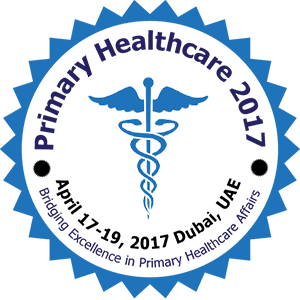
Mustafa Afifi
Ras al-Khaimah Medical and Health Sciences University, UAE
Title: Child abuse: The cycle of violence
Biography
Biography: Mustafa Afifi
Abstract
Child abuse is a public health problem worldwide. Even witnessing domestic violence is a sort of violence against the child. Our aim was to help the Public Health Center (PHC) doctors to understand the cycle of violence in child abuse. A PubMed based mini review was conducted based on papers published in the last 10 years. Almost a decade ago, logistic regression models showed that exposure to marital violence increased nearly two times the odds (OR=1.89) of hitting or slapping the child on the body and/or the face to address his behavior problems. Another study proved the associations of unhealthy beliefs about female genital cutting with maternal physical abuse. That means a victim of violence would be a future victimizer. Similarly, more recent studies proved that child maltreatment leads to aggressive social behavior adopted by the children and adolescents later on in their lives. Violence against women usually starts even before the girl is born and extends all over life cycle. Mothers with personality disorders are less able to resolve their experience of abuse. The lower sensitivity and higher hostility of those mothers could be transmitted again to their offspring being adolescents. Regardless of the way or process, parenting programs could have a positive effect on risk factors of child maltreatment. Higher-quality child rearing environments and experience of positive changes among the participants of some of these programs are noticed along with individual change with its probable implications on child maltreatment prevention. Yet, evaluation of these parenting programs yields unsatisfactory results. To conclude; besides the need to evaluate the current parenting programs and assess its impact on child maltreatment prevention, participation in it needs to be normalized and seen as a routine part of the child-rearing process.

